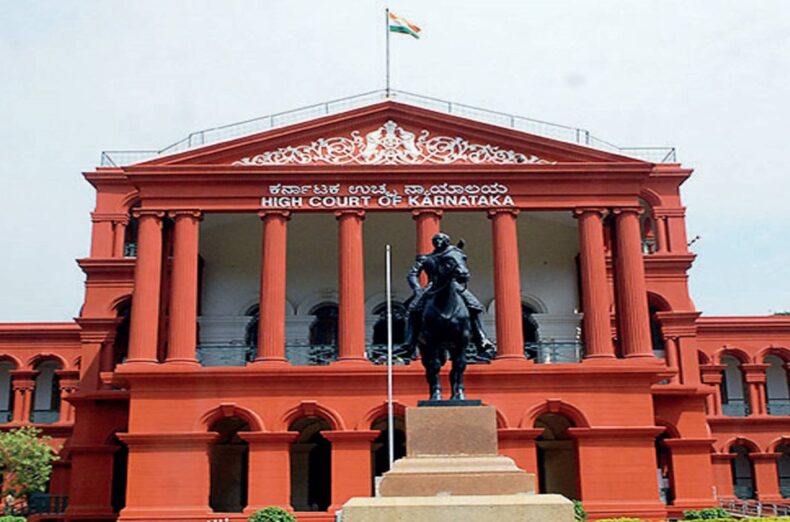
Introduction:
The bench comprising of Justices Alok Aradhe and J M Khazi observed that, in the present case, even though the wife had invested over rupees sixty lakh in her husband’s failing business projects, she was mistreated by him, which had caused her mental and emotional agony. The court, in its judgement, said, “… it is evident that the husband has treated her as a cash cow and had a materialistic attitude towards her. He had no emotional ties with her. His attitude has caused her mental agony and emotional trauma, which is sufficient to make out a ground of mental cruelty.”
Appeal:
The aggrieved woman filed an appeal against a Family Court order passed in June 2020, denying has to divorce on the grounds of cruelty. She argued that her husband couldn’t support her and her child since his family was drowning in debt. In 2008, she decided to work and obtained employment in the United Arab Emirates (UAE). She allegedly spent a significant amount of money bringing her husband to the gulf nation in 2012 on an investor’s visa, setting up a salon establishment for him there, and testifying in court about it. But a year later, he went back to India. She stated that she had also cleared all the family debts. And soon, she realized that she was being used for her money and thus, filed for divorce. The Family Court issued an ex-parte order rejecting her divorce petition in 2018.
Decision:
The High Court referred to the judgements of Dastane v. Dastane and Samar Ghosh v. Jaya Ghosh and stated that every marital conflict and cruelty claim needs to be assessed on a case-to-case basis. The husband was found guilty of cruelty and the appeal was allowed. The bench also commented that the Family Court had made a gross error by not appreciating the wife’s version, especially since her testimony was not even put to cross-examination. The judgement read, “Therefore, there is no convincing reason not to accept the uncontroverted testimony of the wife. Thus, the ground for dissolution of marriage on the ground of cruelty as provided under Section 10(X) of the Indian Divorce Act, 1869 is made out.”













